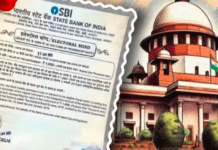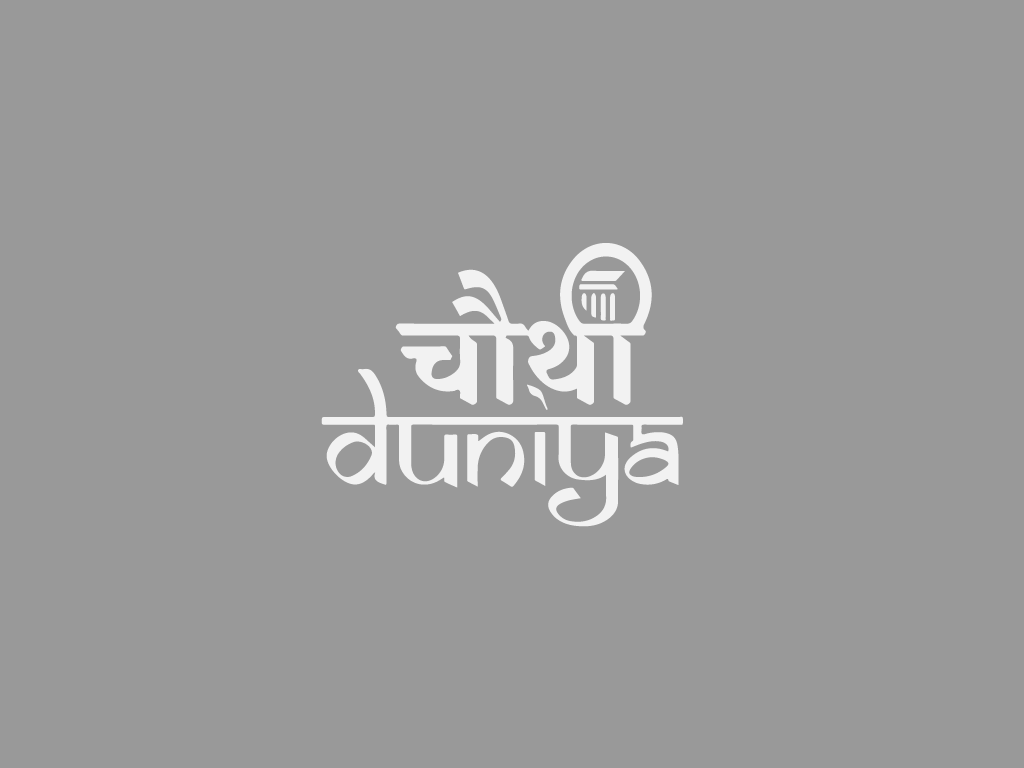All should take note of a number of new rules, taking effect from Thursday, 1st October
From 1 October 2020, many rules are going to change, Motor vehicle rules, Ujjwala scheme, health insurance, credit and debit card rules are changing from tomorrow. So it is important that you know about them in advance. Let us know what is going to change from October 1.
1) No physical verification of documents like Driving License and RC
The tension of keeping a hard copy of documents like RC and driving license together while driving is going to end. Now you can drive a vehicle with only a valid soft copy of these documents attached to the vehicle. The Ministry of Road Transport and Highways has issued notification of various such amendments made in the Motor Vehicles Rules 1989, which will come into effect from October 1. In a step towards easing commuter convenience, the central government is set to digitise documents including maintenance of vehicles, driving licenses, and e-challans that will now be done through an information technology portal from 1 October 2020. Drivers can maintain their vehicular documents on Central govt’s online portal like Digi-locker or m-parivahan.
2) Mobile phones only for route navigation
According to the amendments made in the Motor Vehicles Rules 1989 by the Ministry of Road Transport and Highways, you will now be able to use mobile for route navigation in such a manner that it shall not disturb the concentration of the driver while driving.
3) LPG connection will not be free
Under the marque Pradhan Mantri Ujjwala Yojana (PMUY), the process of getting a gas connection for free is ending on 30 September 2020. The Union cabinet had approved an extension till end September for availing free cooking gas cylinders under PMUY.
4) 5% tax will be levied on foreign fund transfer
Any amount sent abroad to buy foreign tour packages, and every other foreign remittance made above ₹7 lakh, will attract a tax-collected-at source (TCS) beginning 1 October unless tax is already deducted at source (TDS) on that amount. While the tax on foreign tour packages will be 5% for any amount, for other foreign remittances the tax will kick in only for the amount spent above ₹7 lakh.
5) Sweet sellers will need to display ‘best before date’
Sweet shops will now have to declare the ‘best before date’ of non-packaged or loose sweets available in their shop. Food Safety and Standards Authority of India (FSSAI) has directed the sweet shop owners to adhere to the protocol from 1 October.
6) New health insurance rules to be implemented
The changes in the health insurance cover have of course being introduced in the aftermath of Covid-19. The prices for premium health services will eventually rise. The new health insurance rules to be introduced post-Covid-19 inclusion will make 17 permanent illnesses outside the cover.
7) Buying television sets can be expensive
Open cell panels will attract 5% import duty from 1 October, with the government saying that a duty exemption expiring at the end of this month will not be extended . As part of ‘Atmanirbhar Bharat’ the government is keen to expand domestic production capacity for open cell panels so that imports can be curbed. The one-year exemption given to the item expires today, 30 September.
8) RBI’s new credit and debit card rules
The Reserve Bank of India (RBI) has issued new guidelines to secure debit and credit cards. These changes will be effective from 1st October 2020. According to the new guidelines, card users will now be able to register opt-in or opt-out of services, spend limits, etc. for international transactions, online transactions as well as contactless card transactions.
9) FSSAI bans blending of mustard oil with any other cooking oil
Food regulator FSSAI has banned blending of mustard oil with any other cooking oil with effect from October 1. In a letter to commissioner of food safety of all states and Union Territories, FSSAI said the “blending of mustard oil with any other edible oil in India has been prohibited with effect from October 1, 2020.”
10) New Tax Collected at Source (TCS) regime
The Income Tax Department issued guidelines for applicability of TCS provision which requires an e-commerce operator to deduct 1 per cent tax on sale of goods and services. The new Tax Collected at Source (TCS) regime will come into effect from October 1 . The Finance Act, 2020 inserted a new section 194-O in the Income-tax Act 1961 which mandates that with effect from October 1, 2020, an e-commerce operator shall deduct income tax at the rate of 1 per cent of the gross amount of sale of goods or provision of service or both, facilitated through its digital or electronic facility or platform.














